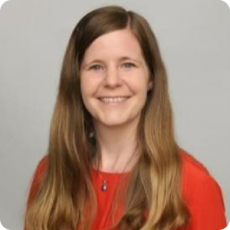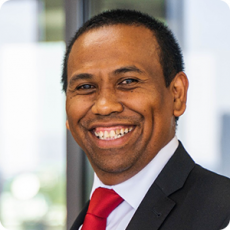Food security is one of the basic human needs. Achieving this involves ensuring unrestricted access to sufficient and nutritious food that is necessary to meet the dietary needs and preferences of all. The number of people facing food insecurity was on the rise even before the war in Ukraine began. Now, the ongoing invasion of a country known as the ‘breadbasket of Europe’ is further exacerbating this crisis, slowly becoming the main driver of food insecurity at regional and global levels. The international development community forecasts significant food price inflation in emerging economies and fears that the impact on the poorest and most vulnerable countries could be disastrous.
DevelopmentAid, in collaboration with management4health (M4H), invites organizations, individual experts, and policymakers concerned with the state of global food security to join the webinar, “Global food security: How is the war zone affecting this?”. Our guest speakers will analyze the consequences of the Russian war against Ukraine on international food security and will discuss some response measures at project and program levels.
Ukraine and Russia are among the key producers and exporters of agricultural goods. Together, they account for more than one-quarter of all traded wheat and around three-quarters of world exports of crude sunflower oil. Considering that some of the least developed states in North Africa, the Middle East, and Eastern Africa import over 50% of their cereal from these two countries, the number of undernourished people and those facing chronic hunger could rise by 7.6 million under a moderate scenario or even by 13.1 million under a severe scenario in a short span of time. Thus, the importance of understanding the essence and the dynamics of the crisis, as well as the possible scenarios for further developments, are key to developing effective inventions for short- and mid-term crisis management.
Kerstin Marit Uhl and Ranja Chrys Rakotomahanina of M4H bring extensive expertise in leading various research and development projects in the area of global food security and are thus best suited to lead these discussions.
Invitation to a Webinar
9 June 2022 at 4 PM Brussels time / 10 AM Washington DC time;
Webinar Agenda
- What are the four pillars of food security?
- Understanding the consequences of the Russian war against Ukraine on global food security
- What other factors are driving up food prices?
- Are there any estimates of the number of additional undernourished people as a result of the war in the case of different scenarios?
- Which countries are most affected by this crisis (high import dependency)?
- How to respond to the looming food crisis
Speakers:
Kerstin Marit Uhl , Project Manager with M4H
, Project Manager with M4H
Kerstin joined M4H as a Project Manager in 2019. Among her responsibilities are the implementation of health projects, the preparation of bids, and expert recruitment. She holds a Ph.D. in the field of Agricultural Economics from Martin Luther University Halle-Wittenberg and a Master’s degree in Economics from Philipps-Universität Marburg. During her studies, Kerstin focused on development economics with particular attention to the implications of Russian wheat exports to global food security. Before joining M4H, Kerstin worked as a research assistant at the Leibniz Institute of Agricultural Development in Transition Economies and was part of the project, “Global Food Security and the Grain Markets in Russia, Ukraine, and Kazakhstan”. Furthermore, Kerstin gained practical insights into the field of international cooperation with GIZ and was part of the sector project, “Advisory Service on Agricultural Research for Development”.
 Ranja Chrys Rakotomahanina, Head of Business Development Unit with M4H
Ranja Chrys Rakotomahanina, Head of Business Development Unit with M4H
Ranja is a public health professional with over 15 years of experience in project management, health financing, non-profit program development, social marketing/behavior change programs, and social franchising in developing countries. For over six years, he has managed the Business Development Unit at M4H being responsible for contract acquisition and supporting business development activities. Ranja holds a degree in Management from INSCAE, a Master’s degree in Marketing from Lancaster University, and an MBA in International Healthcare Management from the Frankfurt School of Management and Finance. He was also a Humphrey Fellows affiliated with Boston University and holds a PMP certification. Before joining M4H, Ranja held multiple management and teaching roles at various acknowledged organizations such as the Economic Development Board of Madagascar, the national Chamber of Commerce and Industry, and the Institut National des Sciences Comptables et de l’Administration d’Entreprises.
Host:
 Elena Rata, External Relations & Events at DevelopmentAid
Elena Rata, External Relations & Events at DevelopmentAid


